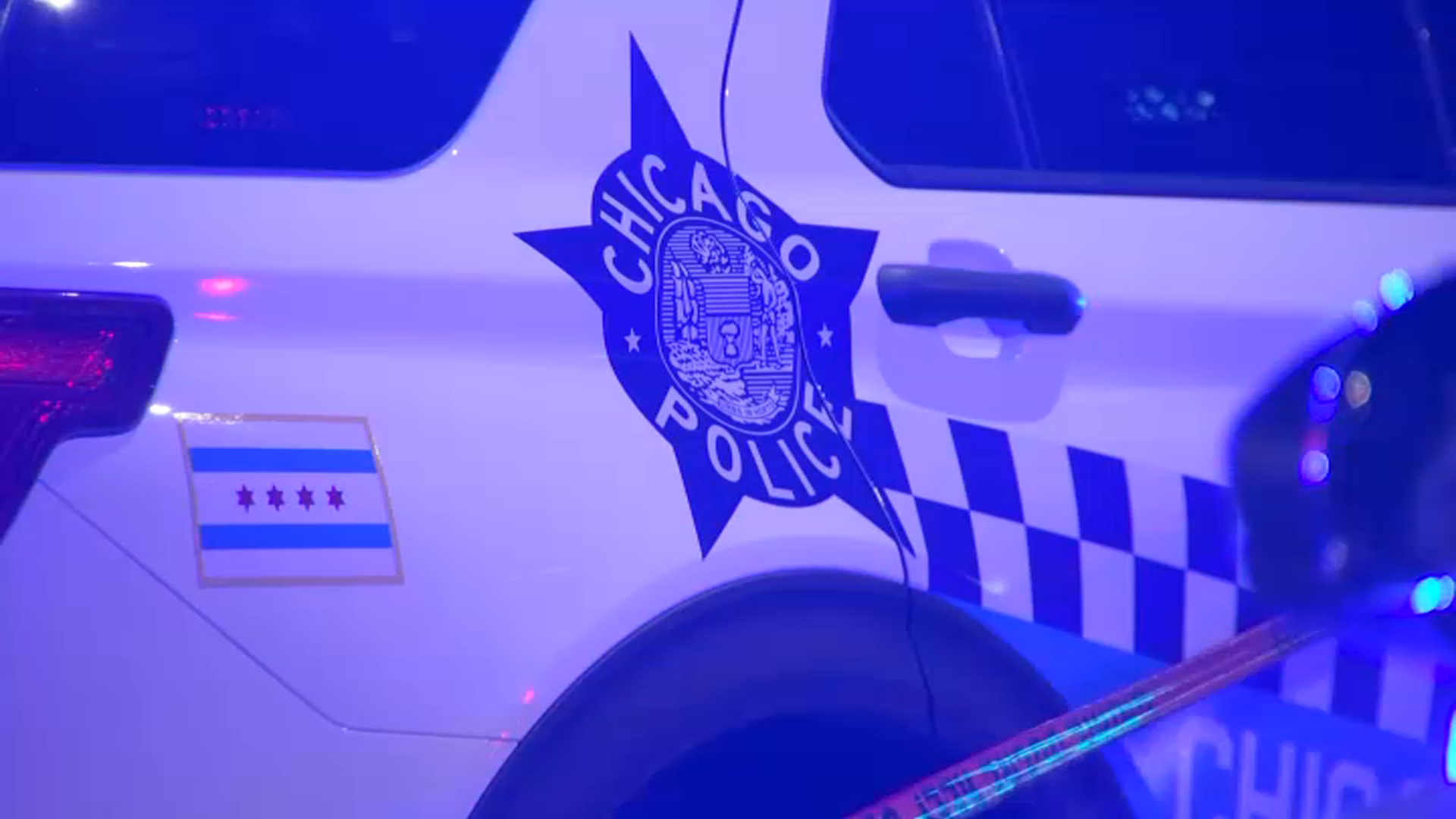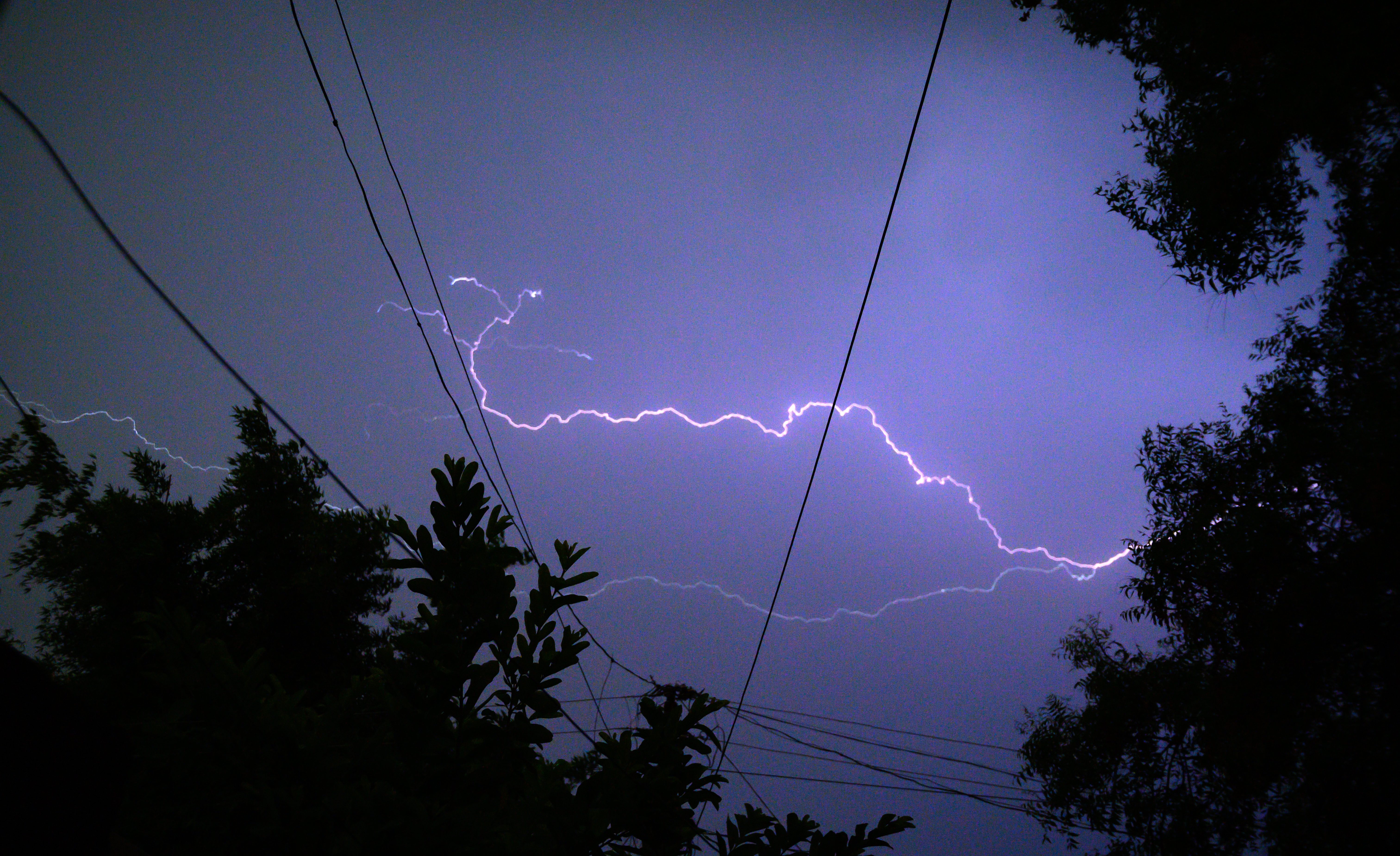State Representative Bob Rita has represented the 28th district, running from Chicago’s southwest side to Tinley Park, since 2002.
He hasn’t had a Republican opponent since 2006, a race he won with 84 percent of the vote.
In the March 2018 primary, Rita easily defeated two Democratic challengers, Mary Carvlin and Nicole Koschnitzky, with 70 percent of the vote.
In the primary, Carvlin and Koschnitzky spent a combined total of $3,729, according to state records designed to show how much candidates raise and spend.
In that same period, Rita spent $240,779.01, according to a campaign finance document he filed with the State Board of Elections. Over the 90-day period, from January through March, he spent $33,000 that was "not itemized."
State law says any expenditure over $150 must be accounted for and made public four times a year. But political candidates do not have to itemize expenses under $150, which can lead, as in Rita’s case, to tens of thousands of dollars.
“When you have an accumulation of tens of thousands of dollars on non-itemized receipts it means something. It means a lot,” said Susan Garrett, a former state senator who today chairs the Illinois Campaign for Political Reform.
“These are loopholes really, they are loopholes,” she said when questioned about the “not itemized” expenses.
Representative Rita did not respond to our inquiries.
Local
State Sen. Tony Munoz of Chicago hasn’t had a significant challenge since 2002. In 2016, the last cycle his name was on the ballot, Munoz had no challenger in either the primary or general election. But state records show from January to March and October to December he had $45,000 in non-itemized expenses.
A campaign spokesman for Senator Munoz said the $45,000 was used for things like office supplies, per diems and buying food for campaign volunteers.
Dick Simpson, a former alderman and current political science professor at the University of Illinois at Chicago, believes the lack of specifics can raise legitimate questions.
“Using money in unrestricted ways with no accountability is always a bad idea,” he said.
So, who’s keeping watch?
The State Board of Elections has oversight, but can only initiate an investigation into spending practices if there is a complaint.
And it is the Illinois General Assembly which mandates politicians don’t have to itemize expenditures under $150.
Ken Menzel, the attorney who represents the Board of Elections, when asked if that was akin to the fox guarding the chicken house replied, “One might think of it that way but the General Assembly makes the laws about everything.”
“The problem is it doesn’t tell the public how their campaign contributions are being spent. We are disenfranchising people who want to understand how those dollars are being used. And that is problematic,” said Susan Garrett. “So, a couple hundred dollars here or there are understandable. But when you have thousands of dollars of those, it’s not understandable. It’s not right.”



